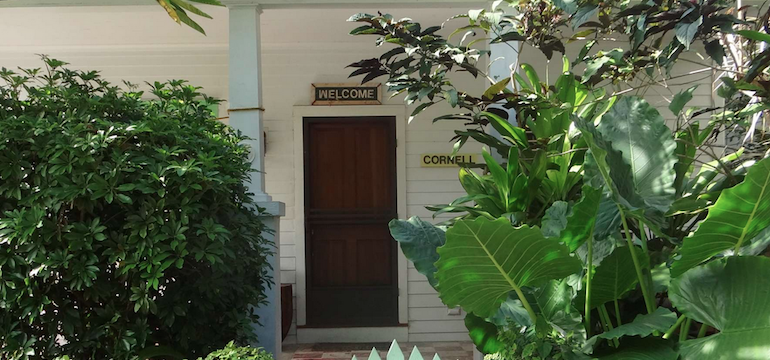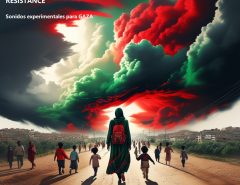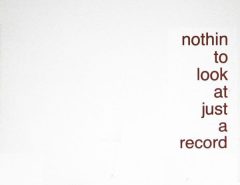What are we doing?
If people argue that music is a frivolous pursuit, an entertainment for those who can afford it, and that sound art has nothing to do with the realities of life, they’d be very wrong.
The realities of life are communicated through sound.
Sound can teach us how to understand the world. Listening to recordings of rainforests, rivers, deserts, we’ll understand what they are. Listening to the recorded sounds of now extinct, or threatened, or endangered species, the possibility of an empty planet may come to mind.
Hmmm, empty planet. We can ask ourselves some questions. Can we imagine something beyond what the naked eye can see? the world? How far in time can we think? our grandchildren?
We’re interested in creating an awareness of the world as a whole, bringing the parts together, place by place, neighborhood by neighborhood, showing how people live and how time changes their lives. We’re interested in pointing to solutions to environmental problems, reminding ourselves that we are life on Earth, that we share this planet, and that it is our collective responsibility to keep it livable for our children and their children to come.
We’re doing it with the arts.
We’re defining art as the extraordinary. In whatever medium it occurs, wherever it occurs, making the ordinary into the extraordinary is making a work of art. The subjects might be an agricultural business, the design of a building, or commentary on public policy. The subjects might be a visit to a river, a walk through a neighborhood. Art can encompass all aspects of life.
Why are we thinking this way?
Art engages. Art provides models for communication. And art brings people together.
We won’t be done by tomorrow, but, looking ahead, if we can communicate models for the implementation of extraordinary ideas, and if we can identify, understand, and confront environmental issues with the force of working together, we may be able to mitigate the pain of the catastrophes that seem to be heading our way and ensure the continuation of a livable Earth for future generations.
— Joel Chadabe





Leave a Reply
Lo siento, debes estar conectado para publicar un comentario.